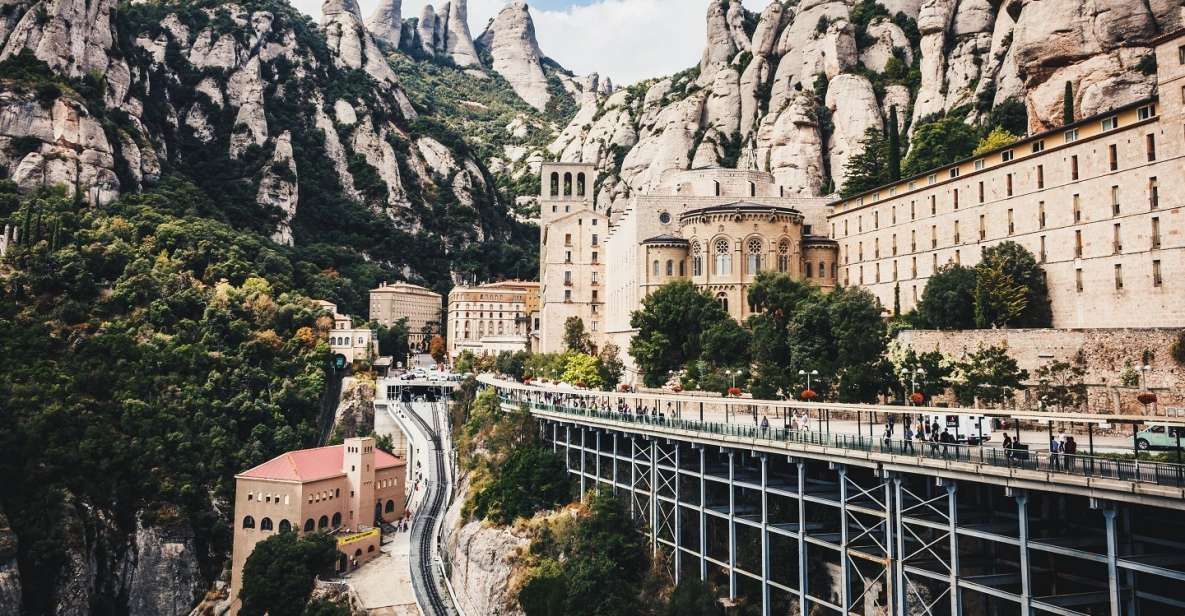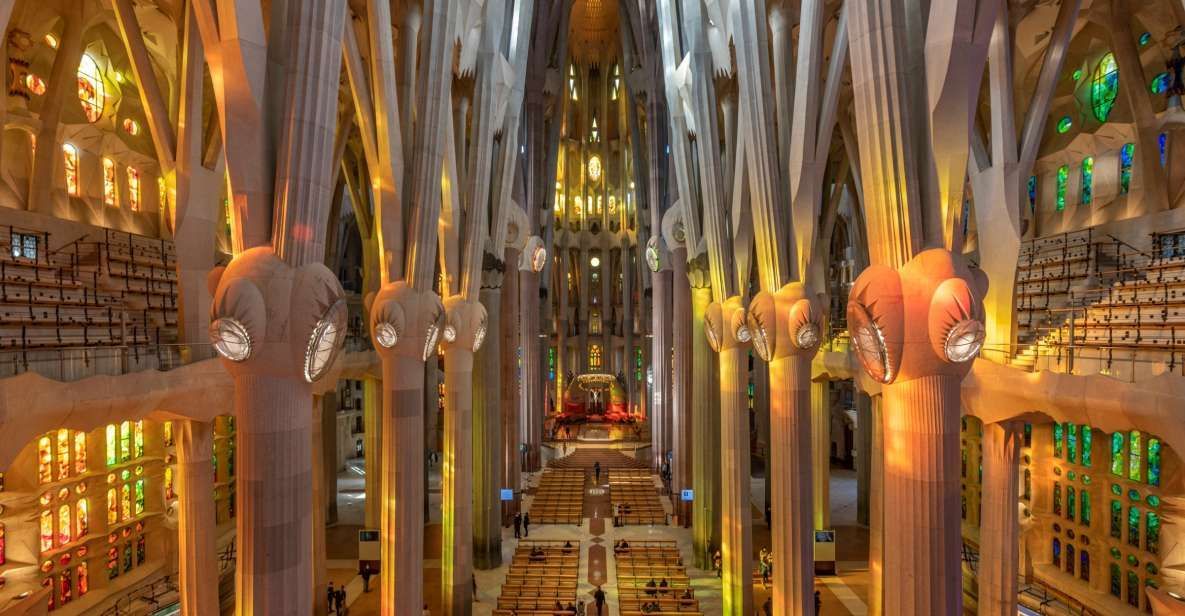
#TMp - Hashtag Travel Marketplace
🌆 Explore Cities & Regions In Iraq
How to Experience Iraq: Top Destinations and Reasons to Go
Iraq, a country with a rich history that dates back to the cradle of civilization, offers an array of hidden gems waiting to be explored. From ancient ruins and majestic landscapes to vibrant cities and cultural experiences, Iraq has much to offer the intrepid traveler. This guide will help you discover the top attractions, exciting activities, and unique experiences that Iraq has to offer, as well as provide insights on the best time to visit, cities of interest, and what to expect in terms of food, nightlife, and culture.
Top Attractions and Hidden Gems
Babylon
Once one of the most prominent cities of the ancient world, Babylon is a must-visit for history enthusiasts. Located near modern-day Hillah, this ancient city offers a glimpse into Iraq’s glorious past. Wander through the ruins of the Ishtar Gate, the Processional Way, and the remnants of the Hanging Gardens.
Erbil Citadel
The Erbil Citadel, a UNESCO World Heritage Site, is one of the oldest continuously inhabited settlements in the world. Situated in the capital of the Kurdistan Region, the citadel offers panoramic views of the city and houses museums, ancient mosques, and traditional Kurdish homes.
Marshlands of Mesopotamia
The Mesopotamian Marshes, located in southern Iraq, are a unique and beautiful ecosystem. Once drained by Saddam Hussein's regime, these wetlands have been partially restored and are now a haven for wildlife. Experience the tranquility of the marshes by taking a boat tour and observing the traditional way of life of the Marsh Arabs.
Samarra
Samarra, another UNESCO World Heritage Site, is home to the iconic Al-Malwiya Minaret. This spiral minaret, part of the Great Mosque of Samarra, is an architectural marvel. The city also boasts other historical sites such as the Samarra Archaeological City.
Ziggurat of Ur
The Ziggurat of Ur, located near Nasiriyah, is one of the best-preserved ziggurats in Iraq. This massive structure, built by King Ur-Nammu in the 21st century BCE, served as a temple complex for the moon god Nanna. It offers a fascinating insight into ancient Sumerian architecture and religious practices.
Activities and Experiences
Guided Tours
To truly appreciate Iraq's rich history and culture, consider joining a guided tour. Knowledgeable guides can offer deep insights into the country's archaeological sites, historical landmarks, and cultural heritage. Tours to places like Babylon, the Erbil Citadel, and the Mesopotamian Marshes are highly recommended.
Museum Visits
Iraq is home to several world-class museums. The Iraq Museum in Baghdad houses an extensive collection of artifacts from ancient Mesopotamia, including the famous treasures of Nimrud. The Kurdish Textile Museum in Erbil offers a fascinating look at the traditional crafts and textiles of the Kurdish people.
Cultural Festivals
Experience the vibrant culture of Iraq by attending local festivals and events. The Babylon International Festival, held annually, celebrates Iraq's cultural heritage with performances, exhibitions, and artistic displays. The Kurdish New Year, Nowruz, is another significant celebration marked by traditional music, dance, and feasting.
Nature Excursions
Iraq's diverse landscapes offer plenty of opportunities for nature lovers. Explore the scenic mountains of the Kurdistan Region, hike the trails of the Zagros Mountains, or enjoy a serene boat ride in the Mesopotamian Marshes. The Bekhal and Gali Ali Beg waterfalls near Erbil are popular spots for picnics and relaxation.
Local Markets
Immerse yourself in the local culture by visiting bustling markets and bazaars. The Erbil Bazaar is a vibrant marketplace where you can shop for traditional Kurdish handicrafts, spices, and textiles. In Baghdad, the Al-Safa Market is known for its antique shops and local goods.
Best Time to Visit
The best time to visit Iraq depends on the region and your preferences. Generally, the spring (March to May) and autumn (September to November) are the most pleasant seasons, with moderate temperatures and less likelihood of extreme weather.
Spring
Spring is an excellent time to explore the historical sites and natural landscapes of Iraq. The weather is mild, and the countryside is lush and green. This season is ideal for visiting the Mesopotamian Marshes and the mountainous regions of Kurdistan.
Autumn
Autumn offers comfortable temperatures and is a great time to visit Iraq’s cities and cultural landmarks. The weather is perfect for exploring ancient ruins, attending festivals, and enjoying outdoor activities.
Summer and Winter
Summer in Iraq can be extremely hot, particularly in the central and southern regions, making outdoor exploration challenging. However, the northern regions, such as Kurdistan, have more moderate temperatures. Winter can be cold, especially in the north, but it is a good time to visit if you prefer cooler weather and fewer crowds.
Cities of Interest
Baghdad
Baghdad, the capital of Iraq, is a city with a rich history and a vibrant cultural scene. Key attractions include the Iraq Museum, Al-Mustansiriya School, and the historic Al-Mutanabbi Street, known for its book market. The city’s blend of ancient and modern architecture offers a unique urban experience.
Erbil
Erbil, the capital of the Kurdistan Region, is one of the oldest continuously inhabited cities in the world. The Erbil Citadel is the city's crown jewel, offering panoramic views and a wealth of historical insights. The city also boasts modern shopping malls, parks, and cultural centers.
Basra
Basra, located in southern Iraq, is known for its historical significance and vibrant port. The Basra Museum, housed in a former palace, offers a deep dive into the region’s history. The Shatt al-Arab riverfront and the nearby Mesopotamian Marshes are also noteworthy attractions.
Mosul
Mosul, a city with a tumultuous recent history, is gradually rebuilding and restoring its historical sites. The Al-Nuri Mosque, with its iconic leaning minaret, is being restored, and the city’s ancient churches and monasteries reflect its diverse cultural heritage.
Karbala
Karbala is one of the holiest cities for Shia Muslims, attracting millions of pilgrims each year. The city is home to the Imam Hussein Shrine and the Al-Abbas Mosque, both significant religious sites. The city’s spiritual atmosphere and historical significance make it a unique destination.
What to Expect: Food, Nightlife, and Culture
Food
Iraqi cuisine is a delightful blend of flavors influenced by the country’s diverse regions and rich history. Must-try dishes include:
- Masgouf: A traditional grilled fish dish, often considered the national dish of Iraq.
- Kebabs: Grilled meat skewers, typically served with rice, bread, and salad.
- Dolma: Grape leaves stuffed with a mixture of rice, meat, and spices.
- Tashreeb: A hearty dish made with bread soaked in broth, topped with meat and vegetables.
- Kleicha: Traditional Iraqi cookies, often filled with dates, nuts, or spices.
Iraqi meals are often accompanied by fresh salads, pickles, and a variety of bread. Tea is a staple beverage, served strong and sweet.
Nightlife
While Iraq is not widely known for its nightlife, the major cities offer a range of evening activities. In Baghdad, you can find cafes, restaurants, and cultural venues that stay open late. Erbil has a more vibrant nightlife scene, with modern bars, restaurants, and live music venues. Cultural events, theater performances, and traditional music concerts are also popular forms of evening entertainment.
Culture
Iraq’s culture is a rich tapestry woven from its ancient history, diverse ethnic groups, and Islamic heritage. The country has a strong tradition of literature, poetry, and the arts. Traditional music and dance play an essential role in cultural celebrations and festivals.
The hospitality of the Iraqi people is renowned, and visitors often find themselves welcomed with open arms. Respect for local customs and traditions is important, especially in more conservative areas. Dress modestly, particularly when visiting religious sites, and be mindful of cultural norms.
Conclusion
Iraq is a destination that offers a profound blend of history, culture, and natural beauty. From exploring ancient ruins and majestic landscapes to experiencing vibrant cities and unique cultural traditions, there is something for every traveler. Whether you are seeking adventure, knowledge, or a deeper connection with one of the world’s most historic regions, Iraq invites you to discover its hidden gems and create unforgettable memories.
🎧 From Our AUDIO BLOG

Let's talk!
info@hashtagtmp.com
+27 76 100 7728
This website includes affiliate links. If you purchase through these links, we may earn a commission at no additional cost to you.

